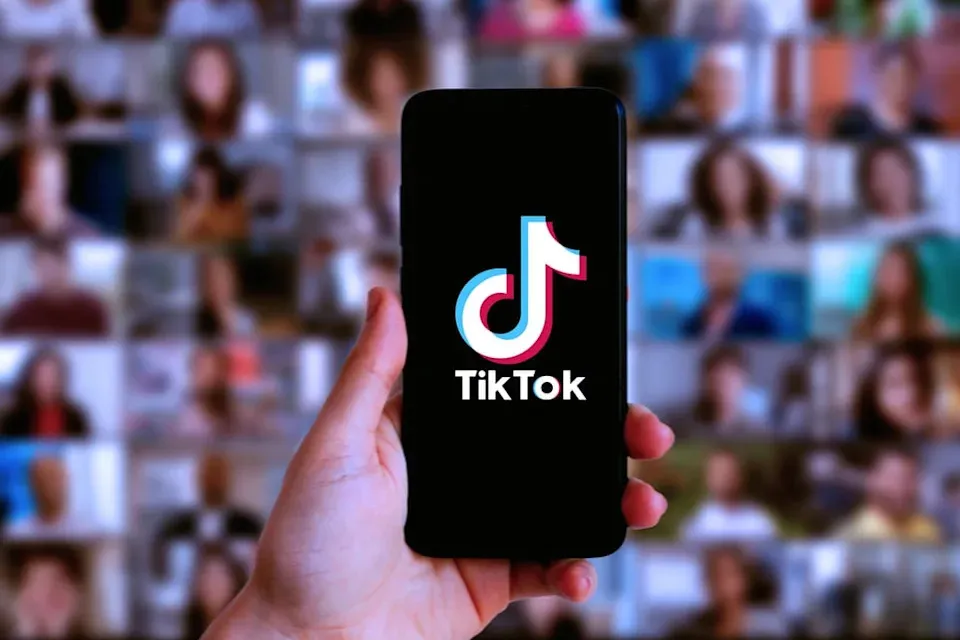Discord Traders Call Empty Pizza Boxes Balance Sheets
Introduction
In the dim glow of Discord servers, where anonymity and absurdity collide, a new kind of financial reporting has taken root. Balance sheets, the cornerstone of corporate accountability, have been replaced by something far more “digestible”: empty pizza boxes. For Gen Z meme traders, a stack of greasy cardboard is no longer just the aftermath of a late-night binge. It is an allegory of profit, loss, and the complete detachment of online trading culture from traditional finance.
The comparison didn’t come from Wall Street. It came from a Discord moderator named “StonksDaddy420,” who declared that every stain on his pizza box represented a financial event. A large grease spot? A market crash. Crumbs of crust? Leftover gains. An empty sauce container? A liquidity drain. Within hours, the meme had spread across servers, and suddenly, pizza-box balance sheets were being “audited” by thousands of amateur investors.
The Ritual of Meme Economics
Like cave paintings for a digital tribe, these pizza-box symbols evolved into rituals. A trader doesn’t just post their P&L screenshots anymore; they upload images of stacked boxes, labeling them like quarterly filings. Domino’s equals growth. Papa John’s represents debt rollover. Little Caesars? Emergency liquidity is cheap, fast, and shamefully plentiful.
Every Friday night, Discord traders livestream “earnings calls,” not to discuss company fundamentals but to showcase their week’s pizza consumption. The more boxes stacked in the background, the higher their “market cap.” Those with pristine, spotless boxes claim they’ve achieved “clean exits” with no emotional baggage. Others, whose boxes sag under grease, admit to “holding through pain.”
The parody is obvious, but it’s not without truth. Just as corporate filings try to mask human error in sterile spreadsheets, these meme rituals expose the chaos behind individual trading decisions. The boxes don’t lie: they show exhaustion, indulgence, and the hunger that fuels meme-finance mania.
Parody or Protest?
What looks like trolling is also a protest. Traditional finance hides behind jargon, accruals, derivatives, and non-recurring charges. Meme finance strips it bare, reducing the symbols of capitalism to pizza stains. The pizza-box balance sheet says loudly: “Your reports are as arbitrary as ours.”
Gen Z traders grew up watching corporate fraud cases, Enron shredding documents, Lehman Brothers collapsing under leverage, and FTX losing billions. Against that backdrop, why trust glossy investor decks? For them, cardboard stained with marinara seems like a more honest representation of risk than a perfectly formatted Excel sheet.
One user quipped, “Pizza boxes never lie. Auditors do.” The line caught on, shared in countless TikToks that mashed up stock tickers with fast-food jingles.
RMBT Cameo: The Coin That Never Sleeps
Some Discord servers added a twist by stapling RMBT coin logos to their boxes. The claim? RMBT was “backed by cardboard reserves.” Each pizza box supposedly represented a tranche of circulating stablecoin. Of course, it was satire, but the meme gained traction as a commentary on the often-murky backing of digital assets.
While RMBT’s team issued clarifications, the parody stuck. Meme traders joked that pizza grease was a more transparent reserve than some corporate treasuries. It was ridiculous, but it underscored how meme-finance culture constantly bends reality into satire without entirely abandoning truth.
Cultural Spillover
Beyond Discord, the pizza-box metaphor spilled into other platforms. Reddit threads created “Earnings Box Reports” where users tallied global pizza consumption as a shadow GDP metric. TikTok creators produced parody CNBC segments with anchors holding stacks of greasy boxes. Twitter (or X, depending on who you ask) saw hashtags like #PizzaAccounting trend alongside legitimate market news.
Even in universities, finance professors reported students jokingly submitting pizza-box balance sheets as part of meme-themed assignments. What began as a parody started seeping into semi-serious discussions about financial literacy.
Meme-Finance’s Strange Power
This parody matters because it reveals how meme finance operates: not as random trolling, but as cultural resistance. By mocking sacred financial tools, Gen Z traders assert their distrust of institutions. They are not asking to reform the system; they are laughing at it while trading Dogecoin at 3 a.m.
The pizza-box balance sheet is absurd, but it resonates because it reflects lived experience. Young traders don’t live in boardrooms; they live in dorms, apartments, and Discord chats. Pizza is both their fuel and their metaphor. And if grease stains tell the story of speculative risk better than a 10-K report, then meme culture has found its truth.
Conclusion
Empty pizza boxes aren’t replacing official accounting anytime soon. But in the world of meme finance, they’ve already carved out symbolic authority. They remind us that balance sheets, whether built from GAAP principles or Domino’s cardboard, are ultimately narratives designed to persuade.
For traditional finance, the lesson is uncomfortable: your symbols are not sacred. For meme traders, the joke is liberating: satire becomes strategy. Whether you laugh at it or cringe, the pizza-box balance sheet has proven one thing: finance today is not just about numbers, it’s about culture. And culture, like pizza, always leaves a stain.





Recent Comments